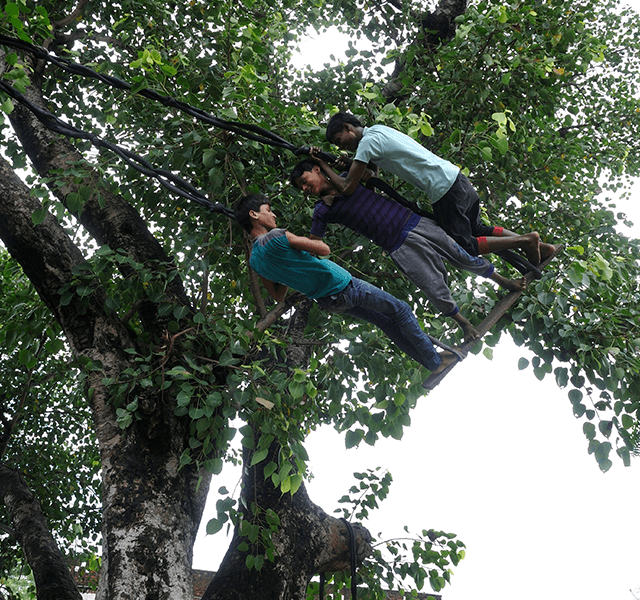

ASHAs play a very important role in counselling couples on family planning. This Interpersonal Communication (IPC) tool kit acts as a facilitator’s guide to enhance the skills of ASHAs for effective counselling of couple on importance of family planning and methods of contraception.
Read MoreSkills Training for Pediatric Care has been prepared by experts from the field of Paediatrics and Covid Care to standardize the treatment protocols across all facilities in Uttar Pradesh to ensure optimum and quality standard of care.
Read MoreThe fifteenth edition of PAHAL newsletter throws light on UP TSU’s support to GoUP in adopting a scientific approach for allocating Area of Responsibility (AoR) to ANMs working in sub-centres; also, geo-mapping of more than 1,80,000 Anganwadi Centres across the state by ICDS department with the support of UP TSU has been the highlight of the quarter.
Read MoreTuberculosis (TB) is a preventable and treatable communicable disease. Yet, this is a leading cause of death. This brief highlights on how TB State Technical Support Unit (TB STSU) of IHAT intends to provide support the Government of Uttar Pradesh in TB prevention, detection and treatment outcomes.
Read MoreMaternal, Infant and Young Child Nutrition or MIYCN refers to nutrition of the mother and child during the 1000 days window of opportunity, that extends from conception until the second birthday of the child. This brief gives an easy lucid understanding on importance of MIYCN and the key interventions that can improve maternal and child health.
Read More